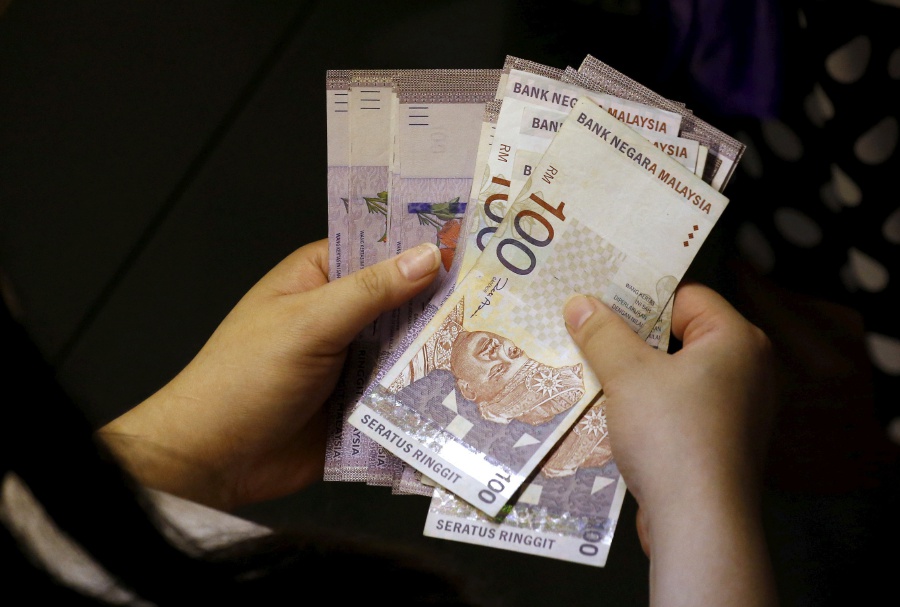PETALING JAYA: Cyberspace has become a new hunting ground for scammers who prey on those who are in desperate need of quick cash.
As more consumers venture online to look for items to purchase – from food to groceries – the scammers are also there, but only to “advertise” their services.
MCA public services and complaints department chief Datuk Seri Michael Chong pointed out that more people have been forced to go online to make purchases, thanks to the restrictions placed on them under the movement control order (MCO).
Under the MCO, which was first imposed on March 18, dining-in at restaurants were immediately barred. Only takeaways or food deliveries were allowed, leading to a rise in the number of online purchases.
Chong said the scammers would pose as money lenders and target those who are in need of cash.
Those most likely to take the bait are people who have had their salaries reduced or lost their jobs as a result of the economic fallout from the Covid-19 pandemic and the MCO.
In fact, for some of these people, their earnings have dropped to zero, Chong said.
He said the scammers would demand a cut of 20% of the loan amount as “administrative fees”.
However, the fee has to be paid before the loan is disbursed.
“But once the amount is paid, the scammer disappears.”
Chong said more people are falling victim to these scammers or loan sharks because legitimate or licensed money lenders have been barred from operating during the movement restriction period.
“Having no other way to get cash, these people, including housewives, have been borrowing small amounts to survive, usually around RM1,000.”
He said business owners who have to pay their workers’ salaries have also borrowed from the loan sharks or scammers, usually less than RM10,000.
“Most of the complainants were relatives of defaulters who have either fled with the money or gambled it away.”
He said while the Anti-Money Laundering Act is adequate to deal with loan-sharking, the penalty has to be enhanced.
“The most effective deterrent to them used to be the Emergency Ordinance 1969, which was abolished in 2011,” he said.
Gerakan secretary-general Mak Kah Keong said an increase in criminal activities was to be expected due to the Covid-19 pandemic.
“After the SARS outbreak in 2003, Hong Kong saw a rise in crime and suicide rates. The government really needs to look into this and prepare an appropriate action plan,” he said.
Malaysian Digital Economy Consumer Association secretary-general Muhammad Sha’ani Abdullah urged the government to make online scams a priority in its list of problems to deal with.
“The Malaysian Communications and Multimedia Commission needs to set up a portal where consumers can report mobile numbers used by scammers,” he told theSun.
“Deal with the telcos because they can bar such numbers even if the calls come from overseas. More consumer education is needed, as most people fall victim because they are unaware.”
Read this story on our iPaper:













